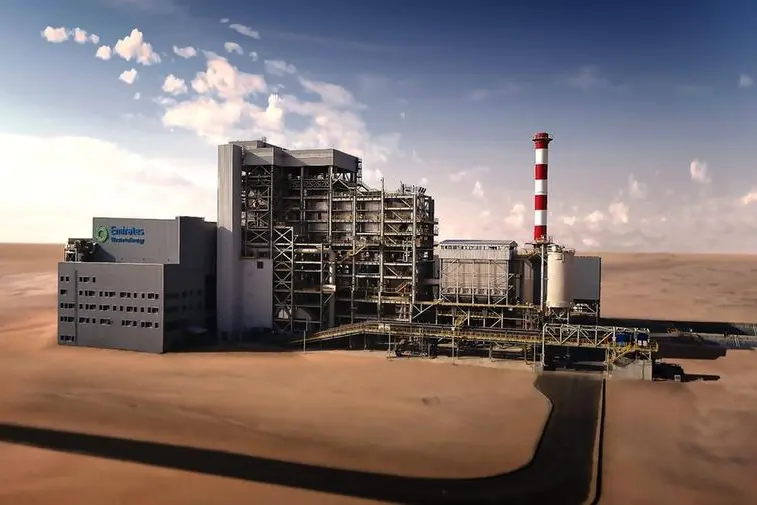PHOTO
SHARJAH - The Sharjah Waste-to-Energy Project, the first of its kind in the Middle East, has strengthened its efforts to divert waste from landfills and contribute to the production of clean energy.
Since its launch one year ago, the plant has increased its waste diversion rate from 76% to 90%, aligning with the UAE' goal of achieving climate neutrality by 2050 and diversifying the energy mix.
This significant achievement allows Bee’ah and its strategic partner "Masdar" to showcase their success story at the upcoming 28th Conference of the Parties (COP 28) to be hosted by the UAE in November.
In an interview with the Emirates News Agency (WAM), Nouf Mohamad Jamal Wazir, senior engineer at BEEAH Energy, a BEEAH Group subsidiary, said that the plant, which cost US$200 million to construct, is currently exploring possibilities for expansion and the establishment of similar plants in other Emirates. The plant has received several inquiries from various entities within the country, aiming to replicate the success of the Sharjah Waste-to-Energy Plant. It has also received requests from other countries with similar objectives.
She emphasised that the design of the Sharjah plant allows for future expansion if needed, highlighting the significant contribution of Emirati engineers to the project from its inception to completion and operation.
Wazir also revealed that within one year, the plant has generated electricity to power 2,000 homes in Sharjah by connecting it to the Sharjah Electricity, Water and Gas Authority's grid. Additionally, the plant has reduced harmful carbon dioxide emissions by displacing 150,000 tons.
Once fully operational, the plant will help turn nearly 300,000 tonnes of waste into energy annually, producing 30 megawatts (MW) of low-carbon electricity, enough to power nearly 28,000 homes in the UAE.
The project will also help prevent the emission of up to 450,000 tonnes of carbon dioxide annually, supporting the country's efforts to realise its strategic initiative to achieve climate neutrality by 2050.
This effort supports sustainability initiatives, environmental conservation, and the enhancement of sustainable living standards in the Emirate and the region as a whole.
Regarding the plant's operation, Emirati engineer Nouf explained the plant works by processing unrecyclable waste at high temperatures and the resulting heat is recovered by a boiler. The boiler then produces steam, which drives a turbine to produce electricity. Bottom ash produced during the process is collected for recovery of metals and ash material, which can be used in construction and roadwork applications. Fly ash is also collected and treated separately.
The plant covers an 80,000 sqm area and is adjacent to the integrated waste management complex operated by Bee’ah Recycling, Bee’ah Group’s recycling and material recovery business. Unrecyclable waste from the waste management complex will be taken for processing at the Sharjah Waste to Energy plant.





















